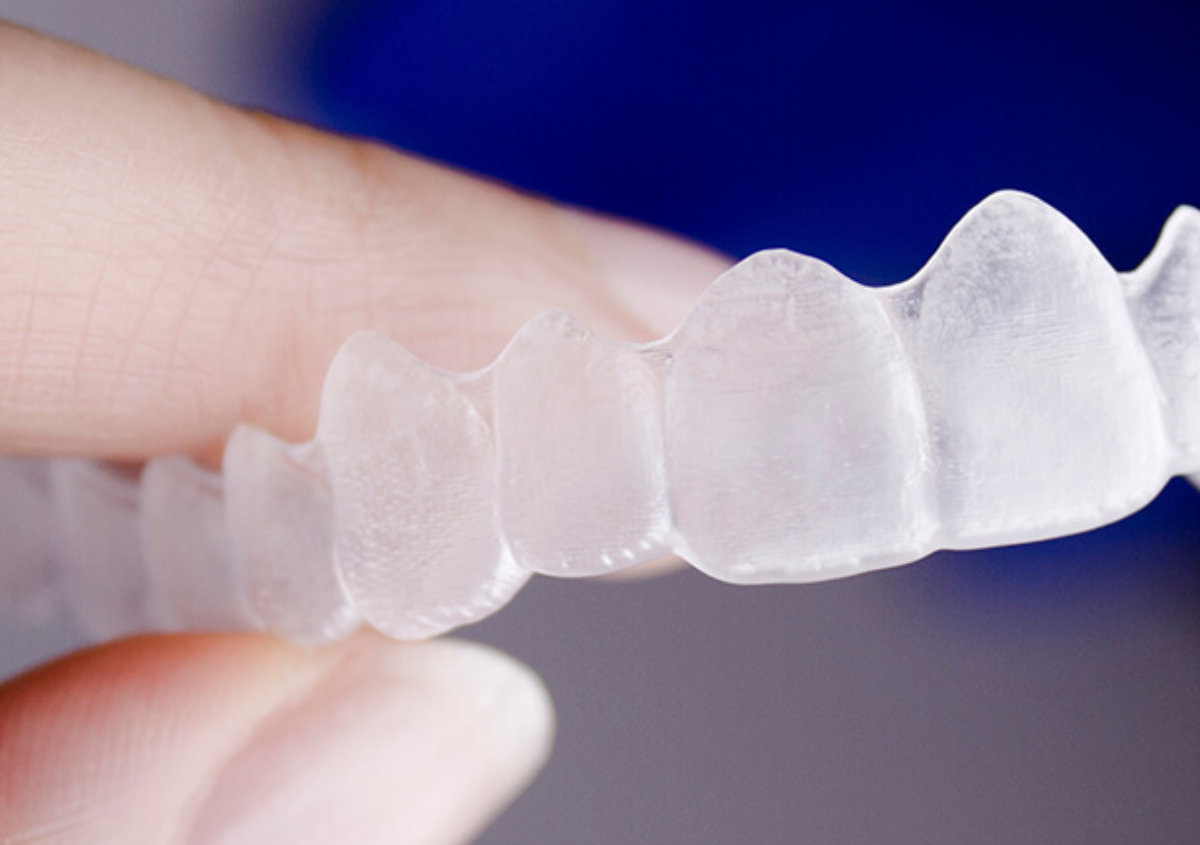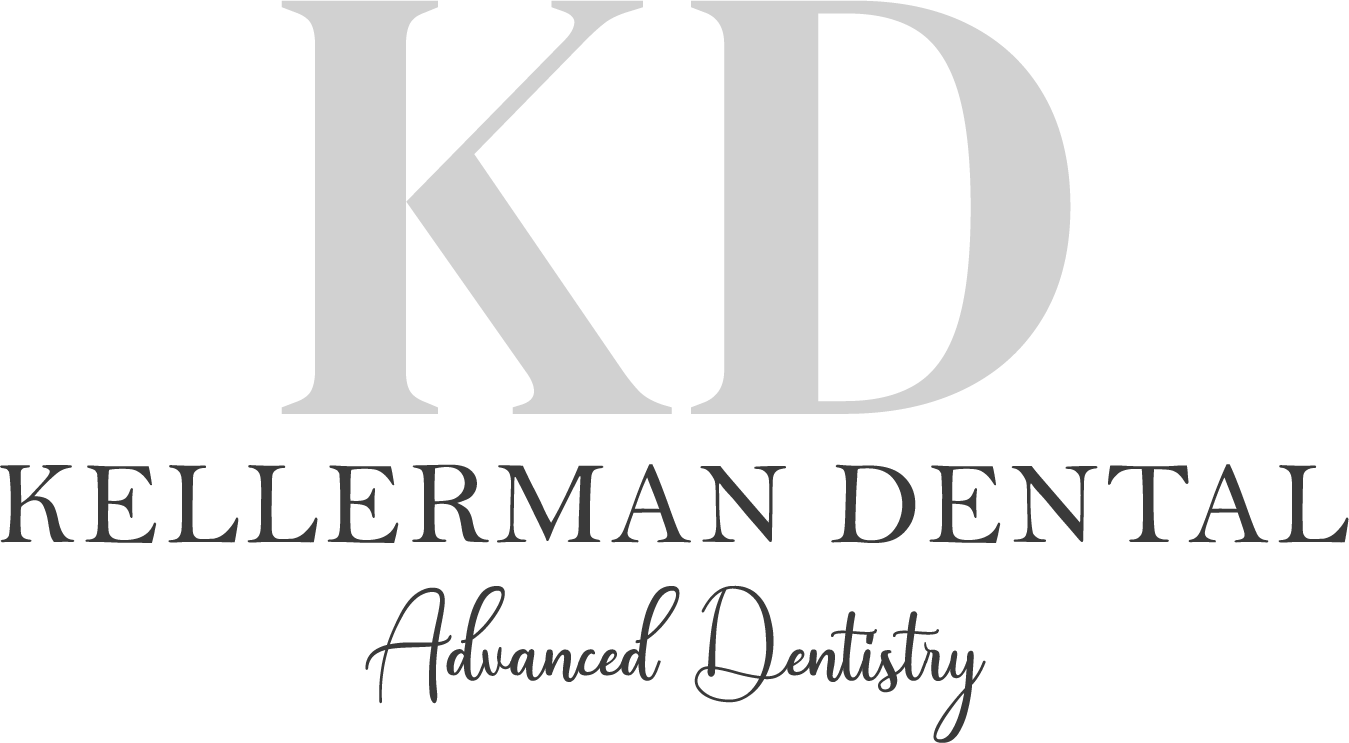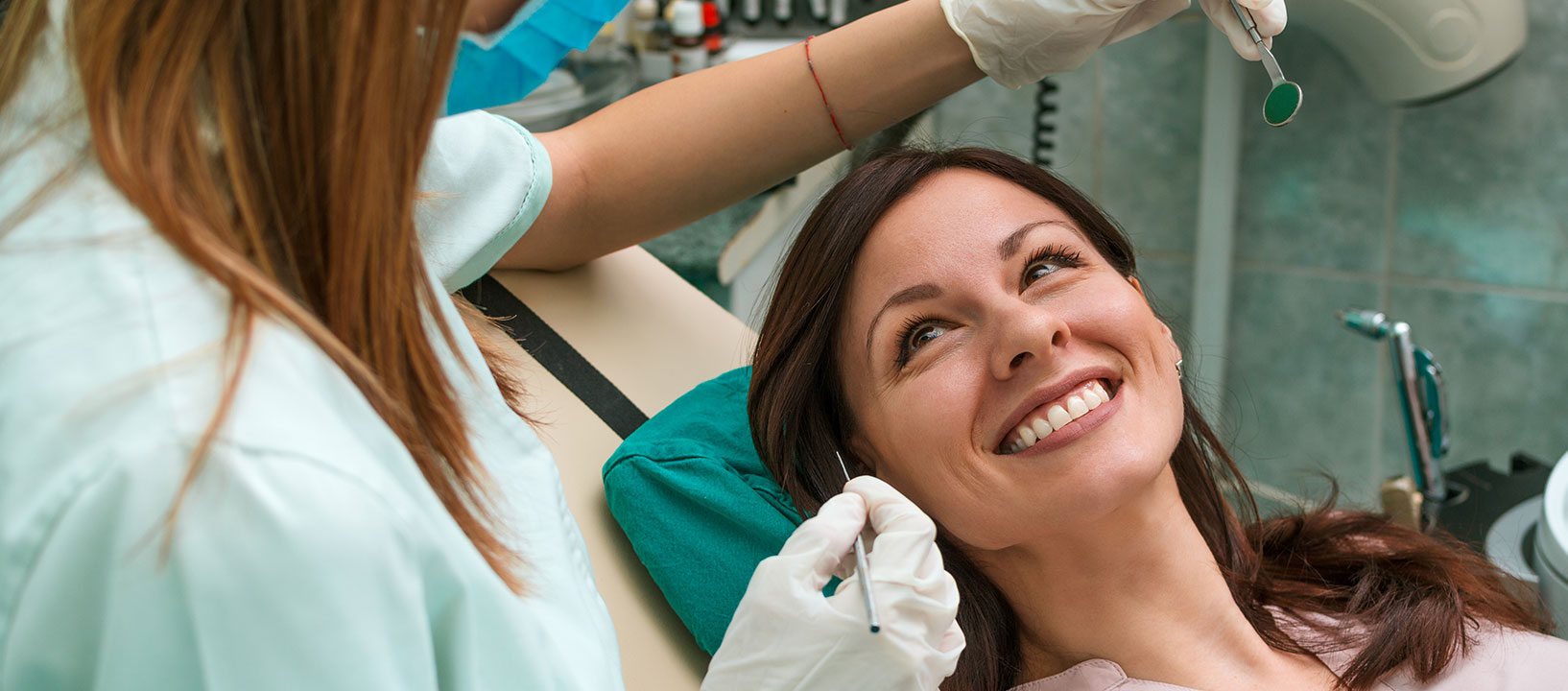
17
Dec
Understanding Cosmetic Jaw Misalignment Services

Severe or even slight misalignment of the jaw and teeth is a serious issue that should not be taken lightly. Misalignment can impact how you chew food, speak, and even breathe, not to mention your psychological well-being. Aside from a crooked smile, tooth misalignment also increases the risk of tooth decay (known as cavities) and gum disease. The medical term for this condition is called “malocclusion.” Fortunately, Drs. Kevin Kellerman and Caroline Connolly at Kellerman Dental have years of experience correcting jaw misalignment issues.
Introducing Invisalign
You may have heard a lot about the new and exciting alternative to traditional dental braces called Invisalign. And while this device does straighten teeth, it also corrects malocclusion at the same time!
With Invisalign, there’s no need for metal brackets or wires used in traditional braces. Here are four types of malocclusions Invisalign will correct.
Crossbite
Crossbite is a condition that occurs when some of your upper front teeth align behind the bottom of your bottom front teeth. Crossbites are typically the result of lower and upper dental arches becoming laterally misaligned. Invisalign can treat mild cases of this condition. However, doctors may recommend another form of treatment in more severe cases.
Open Bite
Open bite is a condition that occurs when the bottom and top teeth do not touch when your mouth is closed. This condition gives the appearance of your mouth being partially open despite being closed. Open bites can make it very difficult to bite into certain foods and impact chewing performance. Thankfully, most cases of an open bite can be corrected using Invisalign.
Underbite
An underbite is when your lower front teeth extend past your upper front teeth. Underbites typically result in your lower jaw (mandible) jutting too far forward. This condition is classified as a class three malocclusion, and the condition’s official name is prognathism. Usually, underbites will interfere with proper speech, chewing, and biting. It also causes premature wear on teeth. Invisalign can correct minor underbite cases; however, severe cases can require surgery before using Invisalign.
Overbite
Overbite is a condition that’s the polar opposite of underbite. This condition is often known as retrognathism or deep bite. Overbites happen when your front top teeth stick out beyond your bottom front teeth. A certain percentage of overbite is pretty average. However, if it goes beyond 25 percent, your dentist will likely recommend a treatment to correct it. A slight overbite is considered a class one malocclusion, while more extensive overbites are classified as class two. In most cases, Invisalign is enough to correct this condition without other therapies or procedures.
Don’t Let Jaw Misalignment Ruin Your Smile.
Protect your smile and oral health by contacting Kellerman Dental for your appointment to learn more about how Invisalign can correct your jaw misalignment issues. Our phone number is (618) 228-3100. You can also visit us at our office located at 16 Junction Drive West, Suite 101, Glen Carbon, IL.

Dr. Kevin Kellerman is an alumnus of Pinckneyville Community High School, Southern Illinois University in Edwardsville, and SIUE School of Dental Medicine from where he obtained his doctorate.
A full-time dental practitioner, he also lectures on various topics. He is affiliated with many professional bodies including the American Academy of Implant Dentistry, American Orthodontic Society, Academy of General Dentistry, American Dental Association, Illinois State Dental Association, and the Glen Carbon/Edwardsville Chamber of Commerce.
Dr. Kellerman and team are known for higher levels of service and patient care and for utilizing advanced technologies in treatments. He also participates in community projects and believes in giving back to the community that he serves.


